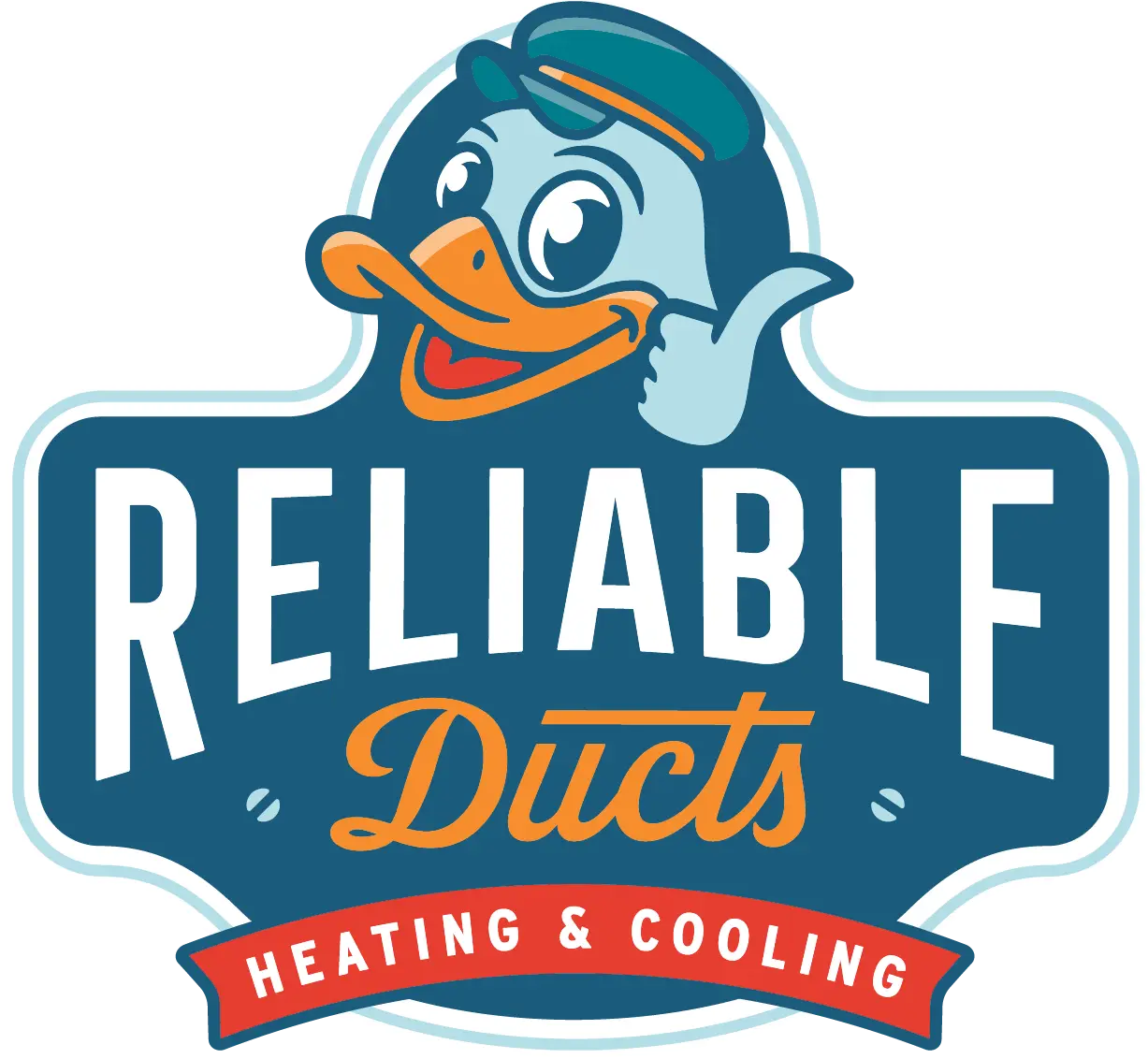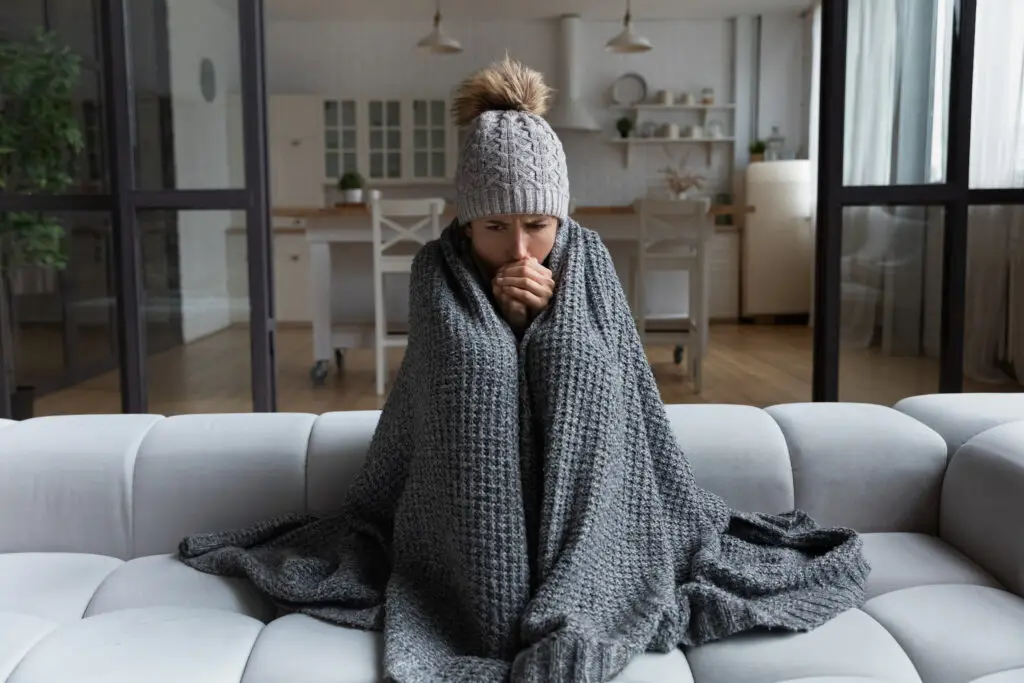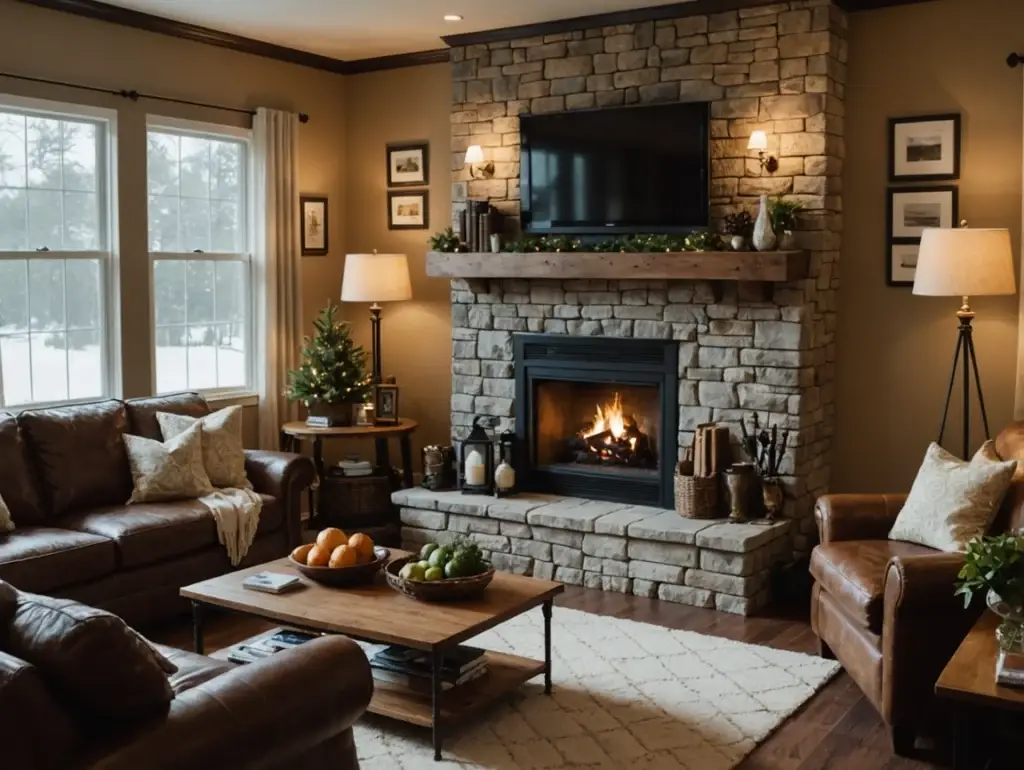High levels of humidity indoors are not only uncomfortable but can damage valuables in your home. Additionally, high moisture levels will impact your air conditioner’s ability to regulate temperatures. In regions where it is hot and humid, your AC will struggle to maintain comfort. This article will explore the different ways humidity affects your AC and some practical solutions for addressing humidity levels.
How Humidity Levels Affects Comfort and AC Efficiency
The primary role of an air conditioner is to draw out hot, stuffy air and replace it with cold and fresh draught. But your HVAC unit has another function, which is to regulate humidity and keep the levels low. When the humidity level rises dramatically, most systems cannot handle the excess moisture in the interior.
Even when the AC is at its optimum performance, considerable amounts of vapor can affect its function. When it’s humid, the air feels hotter and muggier than it is. As a result, there is a temptation to turn up the air conditioning to raise the comfort levels in your home.
The ideal humidity levels are typically between 30% and 60%. Above 60%, and the atmosphere is moist and damp. The concentration of vapor can be high enough that your skin starts to feel clammy. Another critical sign is a musty or pungent smell coming from parts of your home. It is an indication that microbial growth is beginning to spread due to excess moisture.
When humidity is below 30%, it can also have adverse effects on your valuables, health, and comfort. It can cause itching and skin irritation. Additionally, dry air damages valuables made of wood, forcing them to crack and weaken. For optimum comfort, the challenge is to keep humidity levels between 30% and 60%. In such situations, we recommend using a humidifier.
Humidity Levels and AC Sizing Factors
It is a myth that you need a high-capacity air conditioner to keep your home cozy through the summer. Accurate sizing is crucial for optimizing the efficiency of your unit. An oversize system will not only raise your utility bills but will also affect your home’s comfort.
When AC is oversize, it will cycle at a frequency higher than a regular cooling system. It will keep switching on and off to prevent overcooling the room. As such, your equipment does not run enough to remove excess moisture from your home’s interior.
For that reason, it is essential to have an HVAC system that is the correct size of the interior. It will also be challenging for an undersize or aging cooling unit to keep humidity levels in check.
Ventilation System Design and Impact on Humidity
Another factor that can impact humidity levels is the type of air conditioner you use in your home. A single-speed air conditioner will have the same effect as an oversize HVAC unit. It will keep running until it reaches the desired temperature levels and then switches off until temperatures rise again.
A variable-speed motor can run at varying speeds, as the name suggests. With variable speed systems, the temperature regulation is gradual and slower. Your equipment has a better chance of removing humidity in the air than a conventional single-speed AC.
A variable-speed AC unit works best when you pair it with Smart systems. You can change the settings of a programmable thermostat to ensure temperature regulation is accurate. Not only will you be reducing your equipment’s energy consumption, but also manage the levels of moisture in the building.
Poor ventilation design allows negative air pressure to accumulate inside the ductwork. The AC draws too much air into the ducts, creating negative pressure. When the air is very moist outside, it will pull the vapor into the interior, raising humidity levels.
Maintaining Healthy Humidity Levels
When indoor moisture levels are high, your body struggles to remain cool. That is because vapor makes it harder for sweat on your skin to evaporate. It is the evaporation process that absorbs heat from your body. As a result, you have a higher risk of heatstroke due to high humidity levels.
Indoor moisture levels can be higher than in the outdoors. That is often due to air finding its way into your home through crawlspaces or openings on the wall. Activities taking place in your home can also raise the humidity to unhealthy levels. You can optimize home comfort by doing some tasks outdoors or taking practical precautions.
Showering, cooking, and hanging clothes to hang outside are some activities that could raise moisture levels. If you must carry out these tasks indoors, consider using an exhaust fan. Exhaust fans are used in bathrooms and kitchens or rooms where humidity is likely to be a problem.
Another way to control moisture is to encourage circulation around the house. Leave doors between rooms open to allow movement of air across spaces. That way, heat moves to cold surfaces preventing condensation and the accumulation of moisture.
Moisture Problems and Weatherization
Moisture issues tend to vary depending on your location and climate. In Florida, the air is often hot and humid, as opposed to hot and dry, in the southwest regions. The solutions to these humidity problems must consider the climates and their implications.
For example, using a single-speed or oversize air conditioner could worsen the moisture problems in places like Florida. You will be tempted to raise the thermostat settings to keep your home cooler. But you’ll only overwork your AC and increase energy consumption.
The design of your cooling system is, therefore, most crucial in maintaining healthy humidity levels. At Reliable Ducts Heating & Cooling, we offer exceptional air quality services in Jacksonville. Our acclaimed team can carry out ventilation testing and duct cleaning. Our humidity control solutions will keep your Jacksonville home cozy even in extreme weather.
When to Use Dehumidifiers
When it is hot and muggy in Florida, you can reduce moisture levels by using a dehumidifier. A dehumidifier removes moisture from the indoors, preventing microbial growth and musty odors. You can use it when you experience discomfort, but how you utilize it will impact energy savings.
The best time to run the dehumidification system is before humidity accumulates in the house. If moisture accumulates, occupants will feel like the interior is hotter than it is. So you can run it as soon as you notice humidity levels rising.
Ideally, the dehumidifier should run for about 12 hours a day when moisture levels are in the upper range. Home comfort specialists consider that to be the best way to eliminate humidity at optimum energy efficiency.
The high levels of humidity in your home could also be from indoor activities. In such situations, it is advisable to determine the precise moisture levels using a hygrometer. Reliable Ducts Heating & Cooling will be glad to assess your Jacksonville home for humidity and energy efficiency.
We provide indoor air quality solutions such as ventilation testing, duct cleaning, UV light, and humidity control. As a family-owned company, we have a reputation for offering customer-focused services. Our range of services includes AC installation, maintenance, and repairs. Our services come with a 100% guarantee. You can count on Reliable Ducts Heating & Cooling for unbeatable solutions in Jacksonville.



